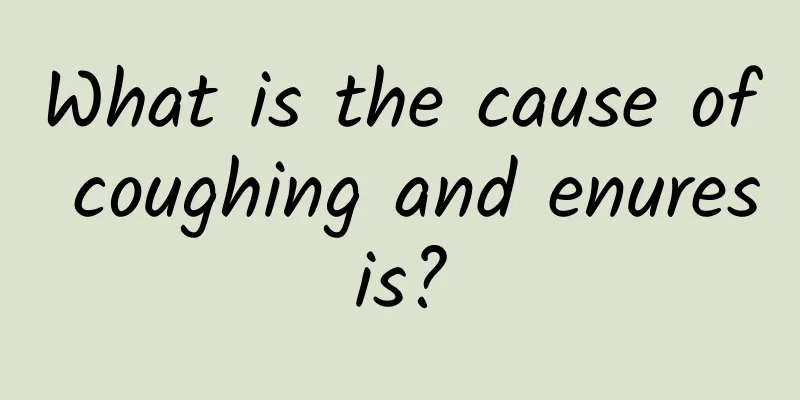Adverse reactions after bladder instillation

|
Bladder instillation is a common treatment for bladder cancer. It can inject chemotherapy drugs into the body through bladder instillation. Bladder instillation can also cause some adverse reactions, often causing patients to experience nausea, vomiting, loss of appetite and other symptoms. It can also easily cause chemical cystitis and hematuria, and often cause symptoms such as frequent urination and urgency. Adverse reactions after bladder instillation The main adverse reactions are chemical cystitis and hematuria; they may manifest as frequent urination, urgency, microscopic or macroscopic hematuria. The severity is related to the dose and frequency of bladder instillation. Most adverse reactions will improve and disappear on their own after stopping the instillation. Other rare adverse reactions include nausea, vomiting, fever, hair loss, urinary tract infection, etc. Precautions and adverse reactions of postoperative bladder instillation of BCG Bacillus Calmette-Guérin (BCG) can induce nonspecific immune response, causing Th1 cell-mediated immune response and anti-tumor activity, thereby reducing the risk of tumor progression and recurrence. (1) Clean the perineum at home, empty the residual urine in the bladder before instillation, and do not drink large amounts of water, receive infusions, or take diuretics within 2 hours before treatment. (2) After instillation, the patient lies supine, left lateral decubitus, right lateral decubitus, and prone for 30 minutes each for a total of 2 hours to allow the drug to be evenly distributed on the patient's bladder mucosa. (3) The urinary catheter can be retained or not. If the urinary catheter is retained, it should be removed after the BCG infusion solution is discharged. (4) Within 6 hours after infusion, pour 2 cups of bleach solution into the toilet after urinating, leave it for 15-20 minutes before flushing the toilet. The toilet should be flushed twice. (5) Drink plenty of water within one week after instillation to ensure sufficient urine volume to achieve the effect of physiological flushing and prevent or alleviate the occurrence of chemical cystitis. (6) Sexual life: Sexual intercourse is prohibited within 48 hours of BCG treatment. Condoms must be used at other times. (7) During BCG infusion therapy, if you need to see a doctor or take medication for other diseases, you should inform the attending physician in a timely manner. (8) Treatment after drug contamination: If drugs contaminate the skin, rinse the area with plenty of soapy water and then rinse with clean water. Do not use hand cream or moisturizer topically after cleaning, otherwise it will increase the absorption of the drug. If the drug contaminates clothing, take off the contaminated clothes quickly, treat the contaminated skin first, and wash the contaminated clothes repeatedly with hot bleach. |
<<: How to exercise when bladder meridian is blocked
>>: Pain in the bladder reflex area on the sole of the foot
Recommend
How to effectively get rid of fatty liver
There are many causes of fatty liver, among which...
Why is the scrotum tight?
The human body is very sensitive. Sometimes, if i...
What are the effects and functions of raw Puhuang?
Have you ever paid attention to the effects and f...
The best way to remove uterine poison
There will also be residual toxins in the uterus....
Symptoms of Sepsis
Sepsis is a very serious blood disease, which ref...
Hiatal hernia treatment, conservative treatment is the most common
The most common symptom of hiatal hernia is pain,...
The efficacy, function and edible method of Atractylodes macrocephala
When it comes to the efficacy, functions and edib...
Why do I feel tired when I wake up in the morning?
If you feel particularly tired when you wake up i...
What should I do if my leg is broken and there is pus in the wound?
In daily life, if you accidentally fall, it may c...
Will leucorrhea increase after conception?
Will the amount of leucorrhea increase after conce...
What is the reason for the darkening of the skin?
The phenomenon of local darkening of skin on the ...
What can quickly cure toothache?
Toothache is quite common in daily life. It is no...
What to do if you have a dislocated lumbar spine
Dislocation is a problem that usually occurs at t...
Press here to get results in one minute instead of taking medicine
What should I do if my blood pressure suddenly ri...
Treatment of rickets, expert recommended treatment
Rickets is a disease that is more common in child...









